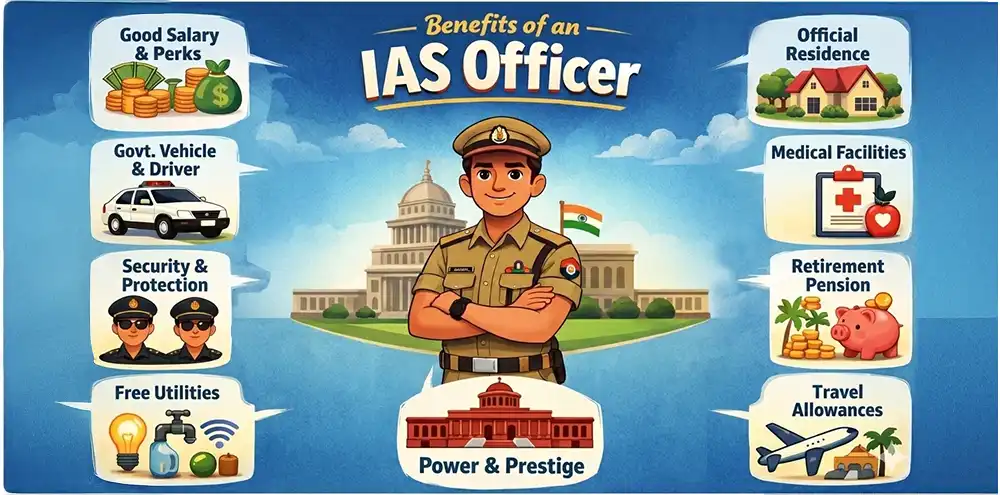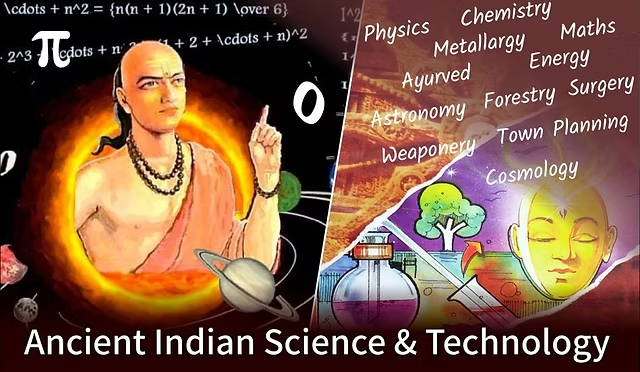Font size:
Print
Ishwar Chandra Vidyasagar
Context:
On July 29, the death anniversary of Ishwar Chandra Vidyasagar, his significant contributions to 19th-century education & social reform are honoured. His pioneering work in widow remarriage, women’s education, and linguistic reform remains impactful today.

Ishwar Chandra Vidyasagar (1820-1891):
- He was born as Ishwar Chandra Bandyopadhyay on September 26, 1820 in Birsingha village, Bengal Presidency to a Bengali Hindu Brahmin family. His father was Shri Thakurdas Bandyopadhyay.
- After attending initial schooling at a village Pathshala, he enrolled in the Government Sanskrit College in 1829 and graduated in 1841 after clearing examinations in Sanskrit grammar, literature, dialectics, Vedanta, Smriti and Astronomy.
- In 1839, he was awarded the title “Vidyasagar” (Ocean of Knowledge) for his exceptional talent and knowledge.
- He joined Fort William College in 1841 as the head of the Sanskrit department at age 21.
- He later became the principal of Sanskrit College from 1851 to 1858.
- He opened Sanskrit College to lower castes, set up model schools, introduced monthly exams, English, Western sciences, maths, entrance and tuition fees, and revolutionised Bengali education.
- He established several model schools in the districts of Nadia, Burdwan, Hooghly, and Midnapore.
- Additionally, he worked with Drinkwater Bethune to help found Bethune College for Girls.
- He founded another philanthropic organisation called ‘The Hindu Family Annuity Fund,’ for which he served as trustee for several years.
- This fund was set up to provide financial assistance to the destitute and widows.
- As a social reformer, he advocated for women’s education, widow remarriage, and against child marriage and polygamy.
- He proposed the Widow Remarriage Act of 1856.
- To garner support for widow remarriage, he encouraged his son, Narayan Chandra Bandyopadhyaya, to marry a widow.
- His efforts for widow remarriage were endorsed by Rani Rashmoni.
- She also presented a draft bill opposing polygamy to the East India Company.
- He wrote influential works like “Borno Porichoy” to teach the Bengali alphabet and simplified the Bengali script.
- He also made Sanskrit grammar more accessible by popularising and simplifying it through his publication, Upakramanika.
Some of Vidyasagar’s notable works include:
-
-
- Betal Panchabinsati (1847)
- Banglar Itihas (1848), (1860)
- Bhranti Bilas (1869)
- Oti Alpa Hoilo (1873)
- Aabaar Oti Alpa Hoilo (1873)
- Shakuntala (1854)
- Seetar Vanavas (1860)
-
His contributions to social reform include:
-
-
- Bidhobabivah (1855), addressing widow remarriage rights;
- Bahubivah (1871), advocating against polygamy; and
- Balyabivah, highlighting the issues with child marriage.
-
He passed away on July 29, 1891 in Calcutta at age 70.
Rabindranath Tagore remarked after his death, “One wonders how God, in the process of producing forty million Bengalis, produced a man!”




